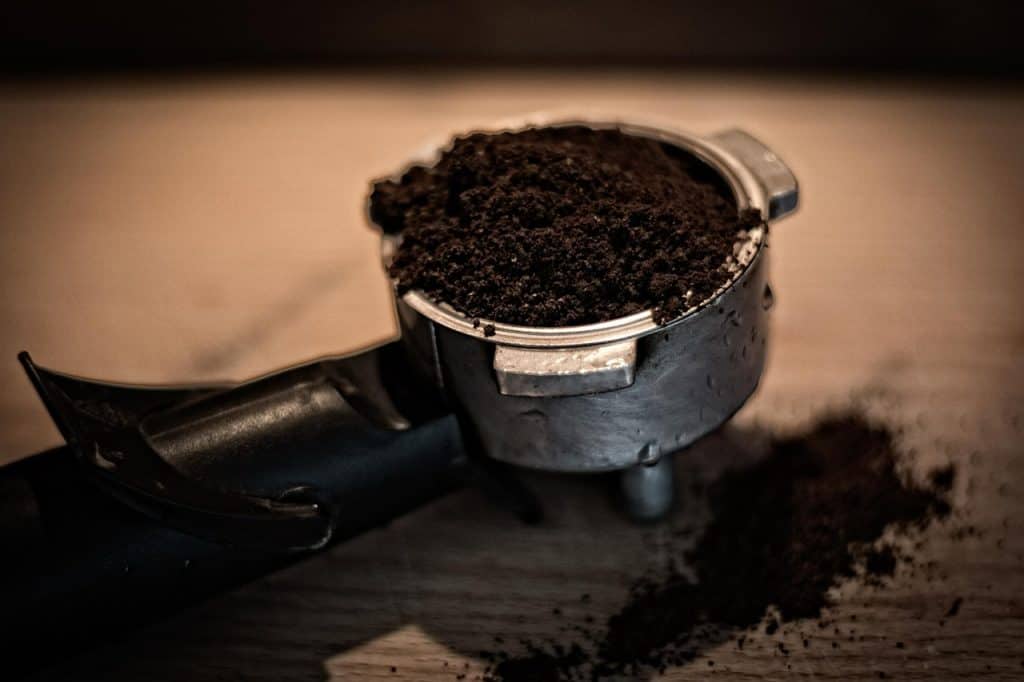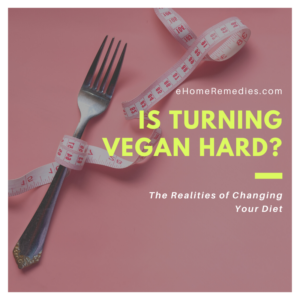Can you guess the most popular beverage in the world? If you think coffee, you’re right. After all, who doesn’t love a hot cup of coffee in the morning? It energizes your body, wakes up your senses and tastes delicious.
Coffee has a long history going back to the 10th century, and it has some super benefits for the organism. However, you might have heard that drinking too much coffee is bad for you because you’ll get dehydrated.
For coffee lovers, that statement might sound ludicrous. But is it true? Does coffee dehydrate the body? Let’s find the answer together.
1. Why people think that coffee dehydrates?
Do you know how much coffee people drink in the USA? Well, according to statistics over 50% of Americans enjoy coffee every day. In fact, they drink about 3.1 cups on average or 4.2 per capita.
For some of you, that might seem a lot. But if we turn our attention to other countries, we will discover that the USA doesn’t even make it in the top 20. Finland takes the prize with 12.2 kg per capita.
In the light of this discovery, the notion that coffee dehydrates the body doesn’t make much sense. After all, hospitals are not full of people severely dehydrated after drinking 10 cups of coffee. Then why do people still think that coffee dehydrates?
One answer we can find is in research conducted in 1928. It studied the effect of caffeine to establish a relation between caffeine and dehydration. The target group was people who didn’t drink caffeine for two months. When given caffeine there was a substantial fluid loss for a couple of days.
That’s the beginning of the theory that coffee dehydrates. People were also told that they shouldn’t count caffeinated drinks towards the daily water intake necessary for a healthy person. To understand more about this, we will take a look at caffeine and how it affects our system.
2. What’s caffeine?

Caffeine is a substance found in coffee, chocolate, tea, and Coca-Cola. It’s also added to some foods, medications, and supplements. Explained simply, caffeine is a stimulant. It’s the main reason why we feel so good when we drink coffee. It affects our mood, stamina, and nervous system, to name a few.
Our body absorbs caffeine in about 30-45 minutes after we ingested it and its effect on the organism diminishes in about three hours. Then it’s excreted in the urine and doesn’t accumulate in the body.
The American Medical Association states that “a moderate intake” of caffeine is safe, but if you stop consuming caffeine you might experience withdrawal symptoms. That’s why some state that it’s addictive, although it doesn’t have the same impact on your life as drugs or cigarettes.
3. Is caffeine diuretic?
Some people and coffee drinkers consider caffeine a natural diuretic. They are right. Caffeine does act as a diuretic. However, most of them don’t have a good understanding of what a diuretic is and what its function is.
In simple terms, a diuretic is any substance that increases the production of urine. It doesn’t dehydrate you, it just makes you go to the bathroom more often. If you have high blood pressure, kidney problems, or heart disease, your doctor will probably prescribe you diuretic pills to help you.
One side effect of these pills can be dehydration in addition to increased thirst, headaches, dizziness, low sodium. Imagine it as an equation – if you expel more fluid than you drink, you get dehydrated. So, people taking diuretic pills know they might cause dehydration and automatically think that caffeine does the same.
4. Can coffee cause dehydration?
We learned that caffeine, the incredible ingredient that makes coffee and Coca-Cola so delicious, has diuretic properties. Does this mean that coffee will dehydrate you if you drink 3-4 cups a day?
The answer is no. Think about it. What’s coffee made of? It’s mostly water, so when you’re enjoying your morning cup of coffee, you’re hydrating. Studies have proven that caffeinated drinks and beverages count towards the daily water intake.
But what about the 1928 study? Well, like other studies, it focused only on the short-term effect of caffeine. Other researchers showed that the body build ups a tolerance to caffeine. It means that regular coffee drinkers don’t show any significant increase in urine production in comparison to people who don’t drink coffee.
Another research, also concluded that caffeine slightly increases urine production and that this effect is negated if you exercise after drinking coffee. The conclusion is that coffee has a mild diuretic effect, which won’t cause dehydration.
Furthermore, a study conducted in 2015 focused on examining fluid loss after drinking 13 popular beverages, including coffee. The results showed that none of the drinks had a lower hydrating index than water. Translated into understandable language – they all were almost as good a choice for hydration as water.
What’s more, the researchers concluded that milk(fat and skim) has a higher hydrating index than water, because it leads to less urine production. You can take your coffee with skim milk for optimum hydration, and you won’t have to worry about dehydration.
Another interesting point here is that limiting your daily caffeine intake in fear of getting dehydrated might actually dehydrate you because you’re not getting enough fluids. So, if you decrease your daily dose of coffee, you must remember to drink more water to avoid dehydration.
5. Can you drink too much coffee?

As you can see, you can enjoy a freshly brewed cup of coffee without worrying about hydration. But what happens if you drink too much coffee? Can you overdose? The answer is yes.
Specialists state that up to 400mg of caffeine – roughly four cups of coffee are safe for consumption. A study also points out that the mild diuretic effect of caffeine can be observed in doses of 360 mg or higher. But you might accidentally consume more caffeine.
Coffee, Coca-Cola, or chocolate are not the only products that contain caffeine. As I mentioned earlier, some weight loss pills and energy drinks also have caffeine in them. And don’t be fooled by decaf coffee. It still has caffeine but in small amounts.
It’s important to remember that people are different and some might have a lower tolerance towards caffeine. Some people also might drink more than the recommended amount and feel no ill effects. Nevertheless, I don’t recommend too much caffeine because it might lead to irregular heartbeat, increased thirst, diarrhea, irritability, and fever.
And as you know, diarrhea and fever can lead to dehydration. So, remember that drinking coffee in moderation is for the best – you will get the benefits of caffeine and none of the ill effects.
Furthermore, water is necessary for every cell in our organisms, and it’s the best choice for hydration. You mustn’t substitute it with caffeinated drinks or sodas. Remember that ordinary Coca-Cola and energy drinks are full of sugar, which will give you a temporary boost, but you’ll feel worse after the sugar wears off. Too much sugar leads to weight gain and numerous health problems.
6. Is coffee good for you?
Although some people will tell you that coffee and caffeine are bad for your health, that’s not entirely true. Caffeine might increase blood pressure for those with high blood pressure readings, and it can overstimulate you, but it has some incredible benefits for the body.
Here are seven things coffee can do for you:
- Caffeine boosts your brain and improves your attention and concentration. And it will do wonders for your short-term memory. Coffee can also be useful if you suffer from jet lag or didn’t sleep well last night.
- Coffee raises blood pressure. This might be a bad thing for those with high blood pressure. But it can be useful for those with hypotension (low BP) when they need to keep their blood pressure within normal ranges.
- A hot cup of coffee is excellent for keeping your immune system strong because it contains antioxidants. Moreover, a new study concludes that coffee might reduce the risk of premature death.
- Coffee might also lower the risk of developing diabetes, Parkinson’s disease, cancer, liver damage, Alzheimer’s disease, and depression.
- Have you got a headache? Pour yourself a cup of coffee, and you’ll feel better in no time. You’ll find caffeine in a lot of over-the-counter pain medicine, and it makes them over 40% more effective.
- Caffeine stimulates the production of dopamine and serotonin, which explains why we feel so good when we drink coffee. In addition to this, even the smell of coffee might be comforting to our senses. That’s why, among men and women who drink 2-4 cups of coffee, the risk of suicide is 50% lower. So, drink up to keep the stress at bay.
- Remember that weight loss pills contain caffeine? Well, coffee might help you lose weight because it suppresses your appetite so that you won’t feel hungry all the time. Moreover, caffeine might stimulate calorie burning and give you a necessary boost during workouts.
One final warning. Coffee might not dehydrate your body, but it will make you go to the bathroom often. Of course, it all depends on how many cups you drink and your tolerance level to caffeine. But be careful and consume coffee in moderation.
You can now enjoy your favorite drink without feeling guilty or worried that you will get dehydrated. Just remember to drink enough water or take your coffee with milk and cream for extra hydration. Never make the mistake most people do – drink coffee on an empty stomach. You can get indigestion and heartburn.
What do you think about coffee? Does coffee dehydrate your body? Share it in the comments.



